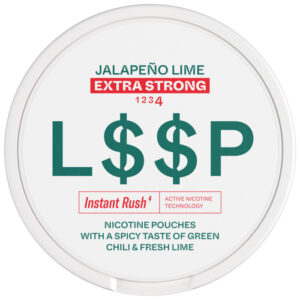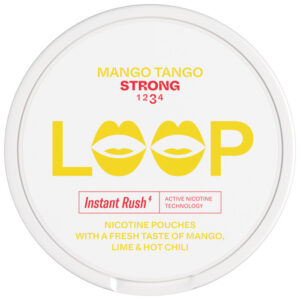Snus in Sports: Examining Its Use and Health Implications
The world of sports, where peak performance is paramount, has witnessed a peculiar trend: the rising use of snus. This article delves into the intricacies of snus in sports, unraveling its allure and the accompanying health implications.
Table of Contents
- Unveiling Snus: A Brief History
- Snus in Sports: A growing trend
- Why do athletes turn to snus?
- The physiology of snus in athletic performance
- Health implications of snus for athletes
- Snus vs smoking: a comparative analysis
- Legal and ethical consideration of snus in sports
- Alternatives to snus for sports
- Conclusion
- FAQ
Unveiling Snus: A Brief History
Snus, a moist powder tobacco product, has its roots in 18th-century Sweden. Traditionally used as a smokeless alternative to cigarettes, its discreet nature has made it a staple in certain athletic circles.
snus in sports: A growing trend
The trend of snus during sports has been escalating, particularly in high-endurance disciplines. Its discreet usage makes it a go-to for athletes seeking a nicotine fix without the smoke.

why do athletes turn to snus?
Athletes often turn to snus for its perceived benefits, such as enhanced focus and reduced stress. The nicotine rush is believed to sharpen concentration, a coveted advantage in competitive sports.
the physiology of snus in athletic performance
Snus impacts the athlete’s body by altering heart rate and blood pressure, potentially affecting endurance and concentration. However, these physiological changes are a double-edged sword, offering short-term benefits and long-term health risks.
Health Implications of snus for athletes
The health risks of snus are significant, ranging from cardiovascular issues to increased cancer risk. Athletes, often seen as paragons of health, face a paradox when using snus.
snus vs smoking: a comparative analysis
While snus is often touted as a safer alternative to smoking, this comparison is misleading. Both have detrimental health effects, but snus’s smokeless nature makes it a deceptive adversary in the realm of sports.

legal and ethical consideration of snus in sports
The legality of snus varies by region, with some sports organizations viewing it as a performance-enhancing substance. Ethically, its use raises questions about fair play and the health message it sends to young fans.
alternatives to snus for sports
For athletes seeking alternatives, options like nicotine patches or stress management techniques offer a safer route to enhanced performance and focus.
conclusion
In conclusion, the use of snus in sporting activities is a complex issue, intertwined with health risks and ethical dilemmas. As the sports world continues to evolve, so too must the conversation around such practices, prioritizing health and integrity over fleeting performance gains.
Faq
Snus is gaining popularity in sports due to its perceived benefits like enhanced focus and stress reduction. Athletes often use it for the quick nicotine rush, which they believe can improve concentration and performance during competitions.
The health risks of using snus, especially for athletes, include cardiovascular issues, heightened blood pressure, and an increased risk of certain cancers. Despite being smokeless, snus contains harmful chemicals and carcinogens that can have long-term health implications.
The classification of snus as a performance-enhancing substance varies across sports organizations and regions. While not universally banned, its use is often scrutinized due to the performance-enhancing effects of nicotine and the ethical implications surrounding its use in competitive sports.
Yes, there are safer alternatives for athletes seeking performance enhancement. These include nicotine replacement therapies like patches or gum, and non-nicotine-based methods such as mindfulness, meditation, and stress management techniques, which can improve focus and performance without the health risks associated with snus.